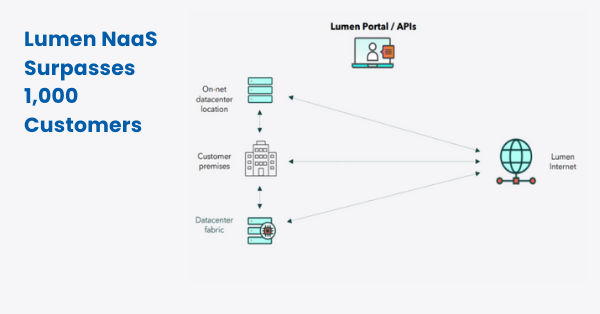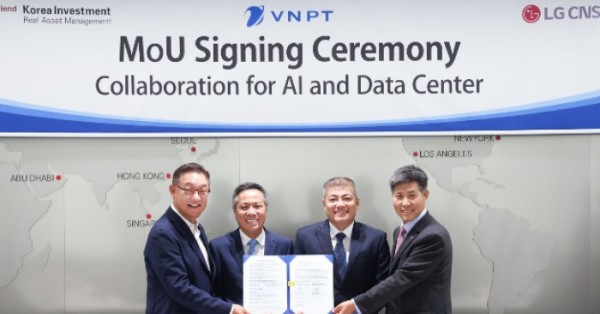OneLayer, a leading provider of enterprise security for private LTE and 5G networks, announced today a $6.5 million equity investment from Koch Disruptive Technologies (KDT), the venture capital arm of Koch Industries. Alongside the investment, OneLayer will secure the private LTE network of a site of a manufacturing subsidiary of Koch Industries. The investment brings the total funds raised by OneLayer to more than $14.5 million.
OneLayer’s solution provides visibility, context-based segmentation policies, and a zero-trust security approach for both IT and OT devices that are connected to private cellular networks. OneLayer delivers this end-to-end security across the private cellular network by integrating with the cellular packet core and the IT network firewalls, asset management tools, and other existing security solutions. Koch Industries is exploring the use of private cellular networks to enable connectivity for autonomous vehicles with real-time compute demands over high bandwidth and coverage for laptops and tablets, enabling predictable coverage for IT and OT devices.
KDT’s investment will be used to address the growing demand for OneLayer’s Security Platform in multiple verticals, enhance the company’s cyber lab capabilities, expand the company’s commercial reach through its global ecosystem and channel partners, and fuel the company’s overall sales and marketing efforts.
“Private cellular networks introduce new technologies and potential threat vectors that could impact our business. We want to enable the benefits of cellular networks while maintaining visibility and segmentation policies in a zero-trust model,” said Matthew Stucky, enterprise security architect at Koch Industries. “We look forward to working with OneLayer to build security into our cellular network while optimizing business outcomes.”
“IoT and OT networks are transforming. Companies committed to modernizing their operations, maximizing efficiency, and limiting latency will be installing private cellular networks to gain the benefits that 5G networks provide,” said Eli Groner, Managing Director at KDT. “Transformation in the network architecture requires transforming the security approach, and we are excited to partner with OneLayer.”
“The future of manufacturing will stem from the successful implementation of LTE and 5G networks, and we are confident that our security platform will contribute to this success,” said Dave Mor, CEO, and Co-Founder of OneLayer. “We are very excited about the partnership with Koch Industries as they continue to accelerate their digital transformation.”
To learn more about OneLayer visit https://one-layer.com/ or LinkedIn.
About OneLayer
OneLayer provides enterprise-grade security for private LTE/5G networks. Its platform and IoT security toolkit can be implemented in private cellular networks to provide better visibility, control and protection for organizations. The company was founded by world-class cybersecurity experts with a deep understanding of both cellular protocols and IoT security needs and veterans from the IDF’s 8200 and 81 intelligence units. OneLayer is backed by industry-leading advisors and has partnered with experts both in the cybersecurity domain as well as the telecom industry. To learn more about OneLayer please visit https://one-layer.com/ or LinkedIn.
About Koch Disruptive Technologies
Koch Disruptive Technologies (KDT) is a unique investment firm, partnering with principled entrepreneurs who are building transformative companies. KDT provides a flexible, multi-stage investment approach. KDT works with companies that can help Koch transform its capabilities, disrupt existing businesses, or expand into new platforms. KDT is a subsidiary of Koch Industries, one of the largest privately held companies in the world, with estimated revenues exceeding $125 billion and presence in over 70 countries. KDT helps its partners unlock their full potential by bringing Koch’s full capabilities and network to them, structuring unique capital solutions, and embracing a long-term, mutual benefit mindset.































